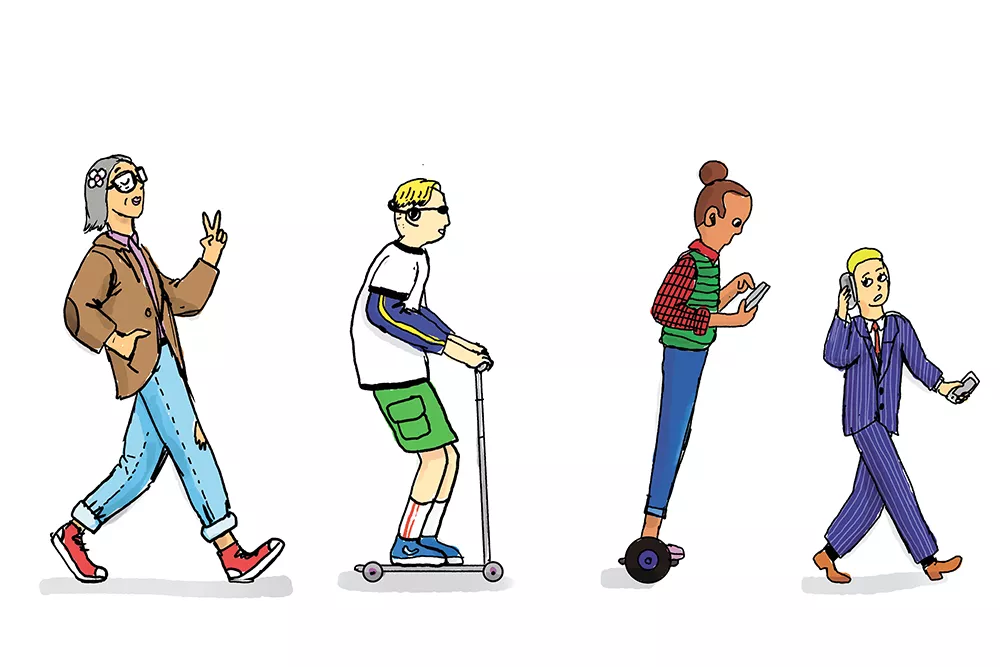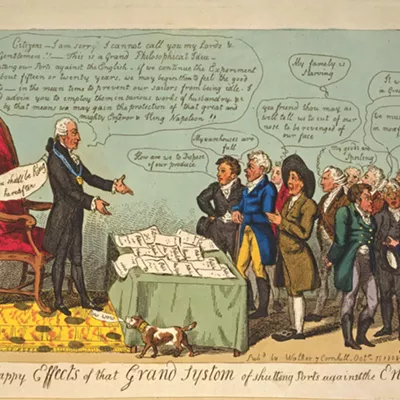An article in the Wall Street Journal last month confronted the idea that traditional employee benefits no longer satisfy employees as they once did. This idea is centered around the fact the individual is evolving and changing. Employee benefits were first construed by Henry Ford during World War II as a result of the government-imposed wage price controls limiting what employers could pay employees.
Unsatisfied with this regulation and under the umbrella of a booming business, Ford decided to provide health insurance as a benefit for his employees, ushering in the era of employee benefits. Since this time, employee benefits have been centered around the notion of providing external awards to employees as an expression of gratitude. Yet today, employees are not exclusively interested in the traditional exterior benefits as previous generations have been.
Rather, this new generation of employees is much more interested in self-development, experiences and growth. This emerging generation is intensely interested in their interior as they operate under the worldview that their interior dictates their exterior. This fundamental truth is challenging our contemporary understanding of leading and serving in the workplace.
Ford provided health benefits in a time where one generation dominated the workforce. In a stark contrast, the cultural framework of today's workplace includes four very different generations. The Baby Boomers, born between 1946 to 1964, were taught to never trust anyone over the age of 30. They are optimistic, engaged in society and hopeful. They wanted to make America perfect and believed they could do so.
From 1965-1981, Generation X emerged onto the scene. They grew up in the '70s, and when the '80s rolled around, this generation heard relentless optimism from a president who routinely disseminated the idea that people could do and be anything they desired. Generation X deliberately places their faith in the individual and their own potential.
The next generation arriving onto the scene proved to be a conundrum on several levels, the Millennials. This is a self-confident generation; they grew up with spawning technology and readily experience infinite knowledge at their fingertips. They ask deep philosophical questions from a very young age, demonstrating their intellectual horsepower. Millennials covet the idea of work-life balance. They struggle with the establishment and differ from Generation X who cherished the idea of the individual rising to great heights by sheer will and determination.
The Millennials cherish a collectivist approach to society, believing the rise of an individual is likely at the expense of someone else. They wisely ask "why" 40 years before the average American typically has asked the same question.
Emerging now is Generation Z. They are ambitious, self-driven and view work-life balance as a barrier to their long-term career goals. While colleges decreased in enrollment the last several years in particular, a reversal trend is now surfacing, which is very likely the direct result of Generation Z's desire for the best education they can obtain. This is a generation with interwoven values desiring a strong education and willing to pay for the best education they can obtain. Arguably, one can draw the conclusion that Millennials most closely resemble hippies in the classical sense, while Generation Z most closely resemble yuppies.
Employers no longer have the luxury of insouciantly approaching a one-dimensional work force. On the contrary, the current workforce is an entanglement of these four generations. The reason employees are valuing the expansion of their interior is because of their belief that personal growth and development leads to a more satisfying and meaningful life.
Our contemporary understanding of leadership must become more sophisticated than in years past for the fundamental reason that four generations populate the marketplace, forcing the idea that one size does not fit all. ♦
Kevin Parker is an entrepreneur and teaches leadership and business courses at Whitworth University. Previously, he served as a Republican state representative for the 6th Legislative District.






















